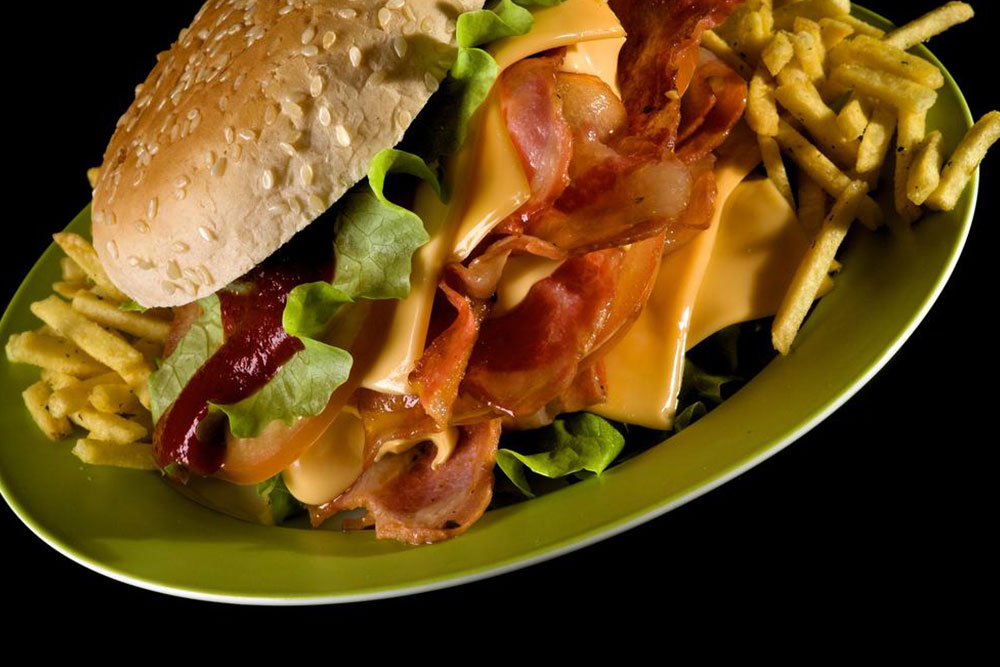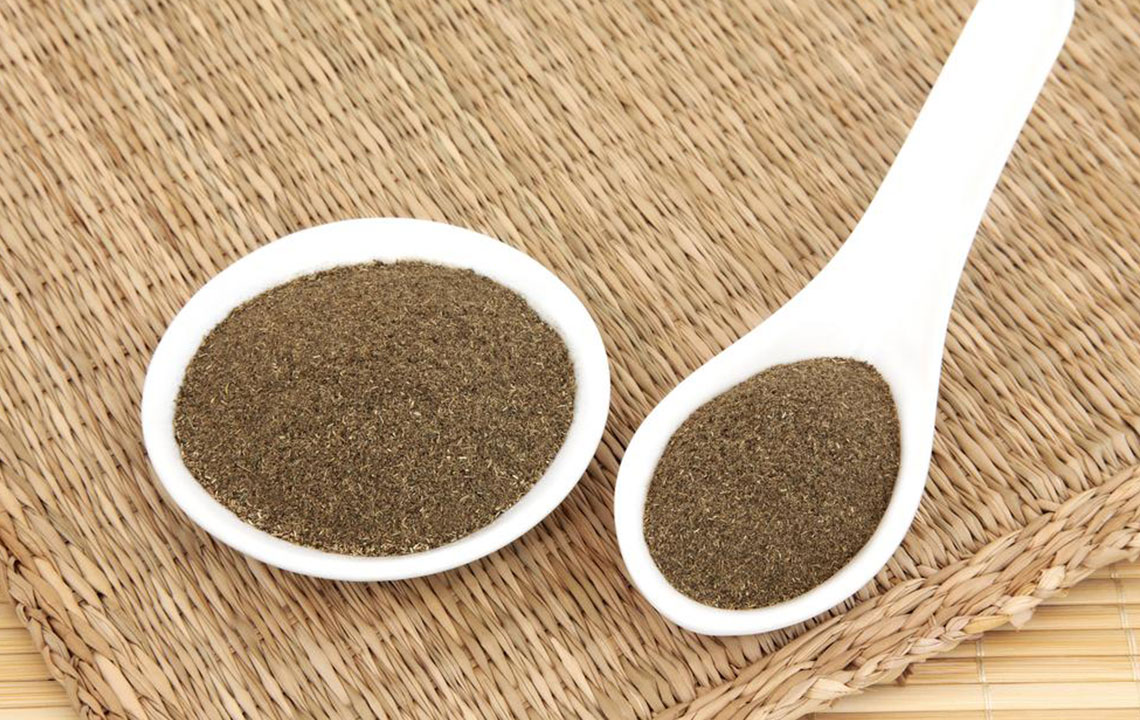Foods That Can Lead to Excess Gas and Bloating
This article explores common foods that contribute to gas and bloating, offering practical tips to minimize discomfort. It highlights foods like beans, certain vegetables, dairy, processed foods, fruits, artificial sweeteners, and carbonated drinks that are known to cause digestive issues. Adjusting meal timing, portion sizes, and seeking medical advice when necessary can promote better digestion. Learning to identify personal triggers helps improve overall digestive health and reduce occasional or chronic gas problems. This guide supports healthier food choices for a more comfortable, balanced life.
Sponsored

Foods That May Cause Excess Gas
It's common for individuals to experience occasional stomach discomfort. On average, adults pass gas 14 to 23 times daily. Certain foods are known to contribute to this, especially those that are hard to digest. Adjusting your diet can help soothe the digestive system, reduce bloating, and strengthen immunity. Identifying and limiting foods that trigger gas is essential for better digestive health. Making informed food choices and monitoring your body's reactions can significantly decrease discomfort and improve overall well-being.
Foods Known to Cause Gas
Legumes and Beans
Legumes like French beans contain raffinose, a sugar that can lead to digestive issues. When bacteria break down raffinose, gases like carbon dioxide, hydrogen, and methane are produced, causing bloating and flatulence.
Whole Grains
Foods such as wheat and jowar are high in fiber, raffinose, and starch, which can create gas during digestion. In contrast, rice tends to be gentle on the stomach and less likely to cause bloating.
Cabbage, Cauliflower, Broccoli, and Similar Vegetables
Vegetables like cabbage, cauliflower, Brussels sprouts, and asparagus are rich in raffinose. While highly nutritious, consuming them late at night or close to bedtime can enhance gas production. It's advisable to eat these vegetables earlier in the day to minimize bloating.
Dairy Products
Dairy items such as cheese, yogurt, and ice cream contain lactose, a sugar many people struggle to digest. Lactose intolerance can lead to increased bloating and stomach discomfort.
Processed and Packaged Foods
Snacks, bakery goods, sauces, and cereals often contain lactose and fructose, which are associated with gas formation. These ingredients can be problematic, especially for those sensitive to them.
Fruits with High Fructose Content
Fruits like apples, mangoes, and pears contain fructose and sorbitol, which can produce excess gases in the intestines when broken down by bacteria. Moderation is key for sensitive individuals.
Artificial Sweeteners
Sorbitol, found in sugar substitutes, can cause gas and bloating, especially when consumed in large amounts. Natural sugars like fructose tend to be better tolerated.
Carbonated Drinks
Sodas and fizzy beverages introduce air into the digestive system, leading to bloating and gas. Limiting intake can help reduce discomfort.
Tips to Minimize Gas-Inducing Foods
While avoiding all gas-causing foods isn't practical—since many are essential for nutrition—modifying your diet helps. Experimenting with limited intake and swapping with healthier alternatives can identify triggers. Eating in proper portions at regular intervals gives your body time to digest. Additionally, considering digestive supplements after consulting a doctor may enhance breakdown of complex sugars and reduce gas issues. Persistent or severe digestive problems should always warrant medical advice.






